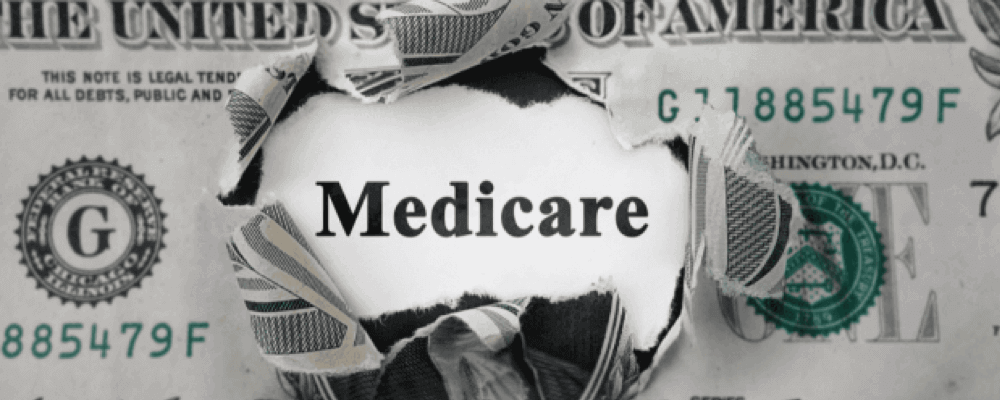
What You Should Know
- Medicare Advantage uses patient risk scores to determine how much to pay, resulting in frequent overpayments
- Net operations for Medicare Advantage/Managed Care increased over 26 million from 2020 to 2021
- High Medicare Advantage costs affect taxpayers, as the government funds Medicare Advantage
Medicare Advantage has been around for a few decades, but it recently came under scrutiny when data reports revealed that Medicare Advantage is wracking up unnecessary costs compared to basic Medicare. Since Medicare Advantage is government-funded, this raises concerns for taxpayers on how their money is being spent.
Read on to learn how the misspending happened and what it means for taxpayers and Medicare Advantage plan holders.
How Misspending Happened
The Medicare Advantage plan works slightly differently than Medicare, as it uses risk assessments of patients to determine how much money the government should allot to Medicare Advantage. Patients with more serious health issues will have higher risk scores, resulting in a larger payout.
The flaw with this system is that it makes it easy to overcharge. Patients may be assigned a higher risk score than they actually are, resulting in an overpayment to insurance companies by Medicare Advantage. Unfortunately, there is speculation that health insurance plans are purposefully assigning higher risk scores in order to receive higher payouts for profit, as Medicare Advantage spending has increased significantly over the last few years.
According to the Centers for Medicare and Medicaid Services' (CMS) 2021 financial report, the consolidated total for the net cost of operations for Medicare Advantage/Managed Care equaled $340,483 million in 2021. Previously, this number was $313,820 million in 2020 and $264,328 million in 2019.
In addition, while Medicare Advantage is supposed to be better than Medicare as it offers additional benefits, the out-of-pocket amounts and copays that Medicare Advantage customers have to pay compared to the original Medicare plans are often higher. So even though more money is being funneled into Medicare Advantage, policyholders aren’t reaping the benefits. Rather, the insurers are benefiting from the higher payments from the government.
Consequences of Overpaying
What does the recent discovery of Medicare Advantage’s high spending mean for taxpayers? Because Medicare Advantage is going up in price, taxpayers may find themselves paying more toward the government’s healthcare budget.
Of course, taxpayers don’t want to hear that their hard-earned money is going to waste through improper payments for health care. And since improper payments can be defined as any payment that should not have been made or was over or underpaid, it can be difficult to pinpoint the exact cause.
As Medicare Advantage prices continue to rise, further investigation is needed into why prices are increasing and how they can be lowered to save taxpayers money.
References:

